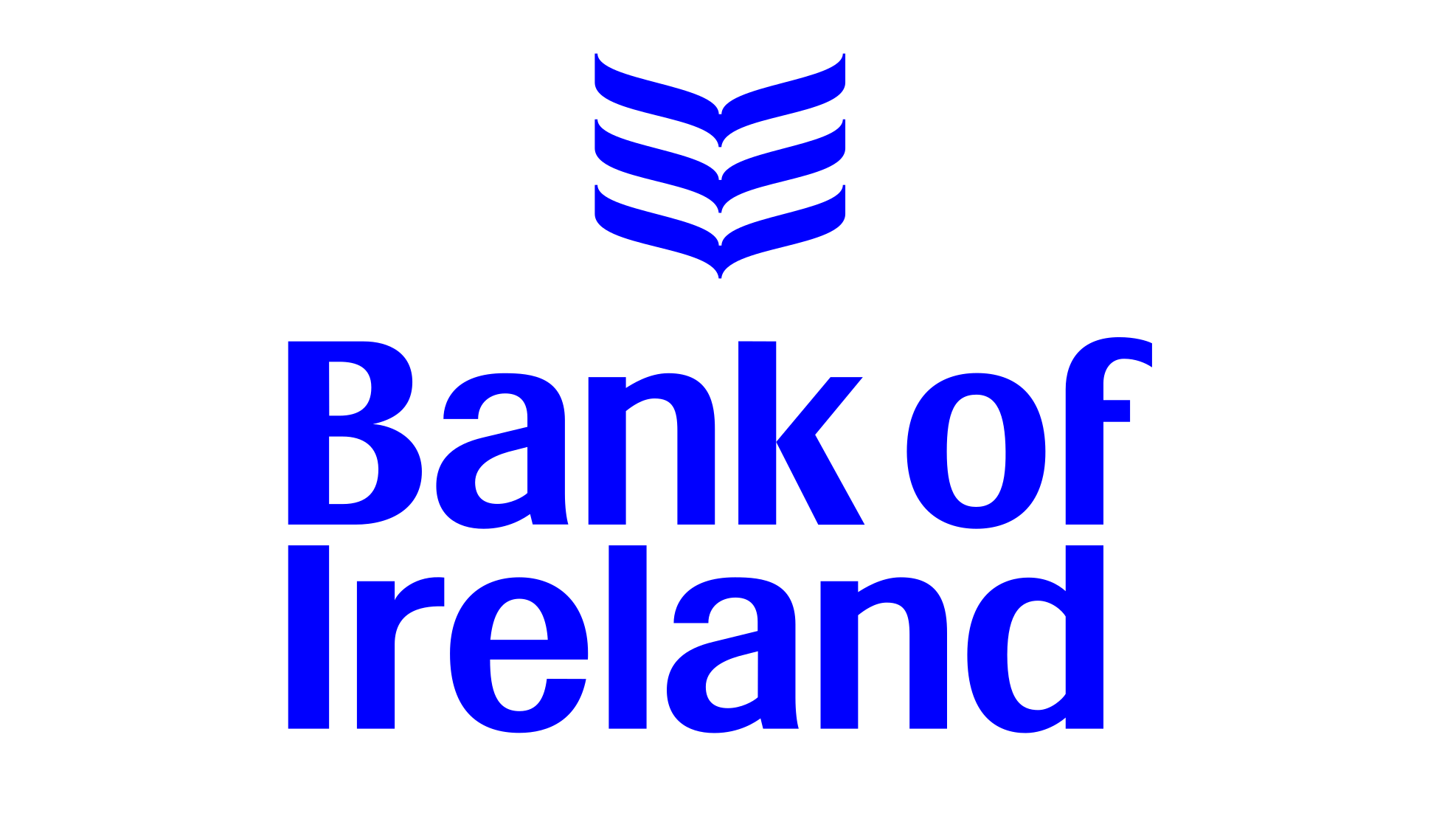Bank of Ireland is taking another step back from the UK market, announcing plans to wind down its £2 billion corporate lending business in Britain.
This latest retreat is aimed at generating long-term sustainable returns for the bank, it said.
Ireland's largest bank has been steadily reducing its presence in the UK lending market over the past few years. Since 2017, Bank of Ireland has cut its lending assets in Britain by approximately 25 per cent.
In December 2022, the bank ended its partnership with UK motoring services group The AA and scaled back products offered via the UK Post Office network.
In a statement on Wednesday, Bank of Ireland defended these strategic moves, stating, "By being more purposeful and strategic about what we offer in the UK, we have transformed the performance of our businesses in recent years." The bank highlighted a 57 per cent increase in underlying profitability from its UK operations since 2019.
The winding down of the £2 billion corporate lending portfolio will impact around 40 employees based in London and Manchester. Bank of Ireland said it will offer these staff options such as voluntary redundancy or potential redeployment within the organisation.
The bank estimates the wind-down process could take up to 36 months to complete. It clarified that this move excludes its commercial real estate, acquisition finance, and Northern Irish operations.
Analysts at Davy Stockbrokers expect the winding down of the £2 billion portfolio, which accounts for around 2.5 per cent of the bank's total loan book, to have a negligible impact on earnings forecasts. However, they anticipate it will positively benefit Bank of Ireland's return on tangible equity (ROTE).
Latest News
-
Barclay's exec Braddick to lead PRA
-
UBS plans to extend Sergio Ermotti’s tenure as capital row deepens
-
Mizuho to replace 5,000 administrative roles with AI
-
Allica achieves unicorn status through latest funding round
-
AI disruption risk varies between platform and service-based firms, says new report
-
ClearBank moves into the heart of London’s financial centre
Creating value together: Strategic partnerships in the age of GCCs
As Global Capability Centres reshape the financial services landscape, one question stands out: how do leading banks balance in-house innovation with strategic partnerships to drive real transformation?
Data trust in the AI era: Building customer confidence through responsible banking
In the second episode of FStech’s three-part video podcast series sponsored by HCLTech, Sudip Lahiri, Executive Vice President & Head of Financial Services for Europe & UKI at HCLTech examines the critical relationship between data trust, transparency, and responsible AI implementation in financial services.
Banking's GenAI evolution: Beyond the hype, building the future
In the first episode of a three-part video podcast series sponsored by HCLTech, Sudip Lahiri, Executive Vice President & Head of Financial Services for Europe & UKI at HCLTech explores how financial institutions can navigate the transformative potential of Generative AI while building lasting foundations for innovation.
Beyond compliance: Building unshakeable operational resilience in financial services
In today's rapidly evolving financial landscape, operational resilience has become a critical focus for institutions worldwide. As regulatory requirements grow more complex and cyber threats, particularly ransomware, become increasingly sophisticated, financial services providers must adapt and strengthen their defences. The intersection of compliance, technology, and security presents both challenges and opportunities.
© 2019 Perspective Publishing Privacy & Cookies















Recent Stories